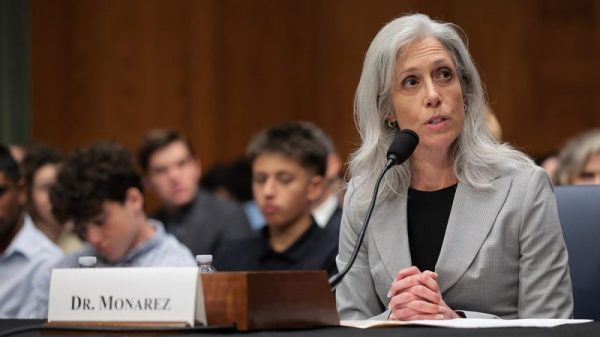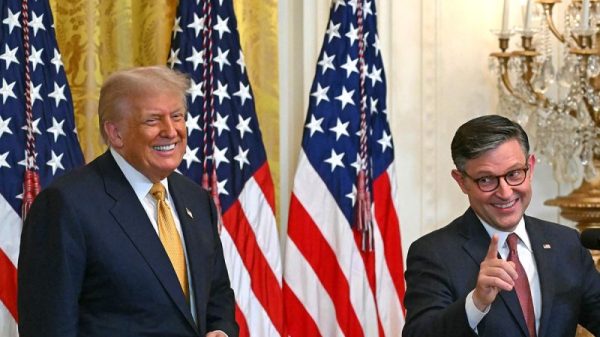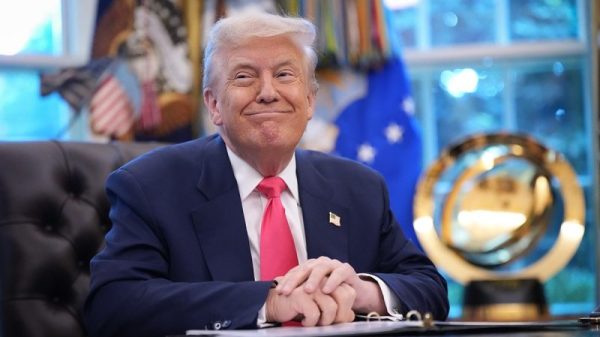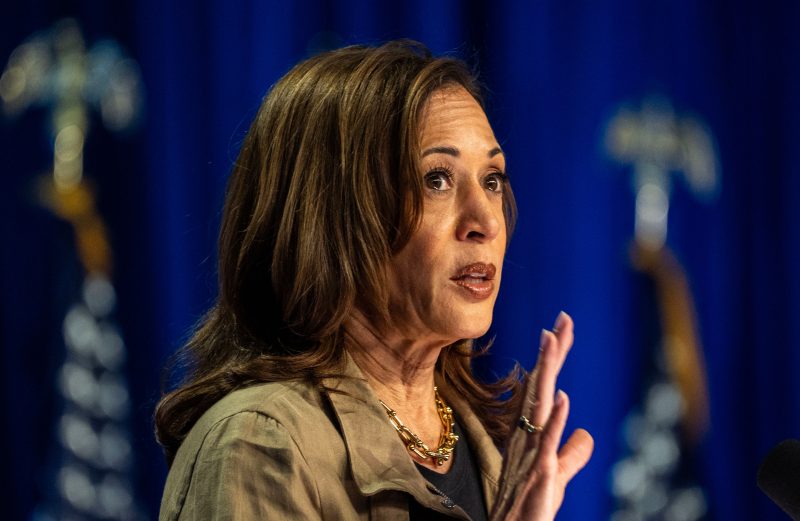In the realm of economic and border ideologies, Vice President Kamala Harris and former President Donald Trump stand on opposite ends of the spectrum. Their disparate views on these crucial issues are grounded in fundamentally different approaches to governance and policy-making. Understanding the contrasts between the two figures in terms of economic principles and border control strategies sheds light on the potential impact of their respective stances on the nation.
Economic Outlook
Harris, as a representative of the Democratic party, advocates for progressive economic policies that prioritize social welfare programs and income equality. Her stance is often centered on addressing systemic inequalities and promoting opportunities for marginalized communities. This includes initiatives such as increasing the minimum wage, investing in education and healthcare, and implementing tax policies that target the wealthy to fund social programs.
On the other hand, Trump, as a Republican, emphasizes a pro-business outlook favoring deregulation, tax cuts, and free-market principles. His economic philosophy is rooted in the belief that unshackling businesses from government intervention fosters growth and job creation. Trump’s policy approach typically revolves around reducing government spending, lowering corporate taxes, and renegotiating trade deals to benefit American interests.
Border Control Strategies
The issue of border control is another area where Harris and Trump diverge significantly. Harris is known for her advocacy for a more compassionate and inclusive approach to immigration, focusing on pathways to citizenship for undocumented individuals, asylum protections, and the humane treatment of migrants. She supports a comprehensive immigration reform that addresses the root causes of migration and provides solutions for those seeking refuge in the U.S.
Conversely, Trump’s stance on border control is characterized by a hardline approach that prioritizes security and enforcement. His administration implemented policies such as the construction of a border wall, increased deportations, and restrictions on legal immigration. Trump’s rhetoric often emphasizes national security concerns and the need to protect American jobs and resources from unauthorized immigrants.
Implications
The contrasting economic and border control ideologies of Harris and Trump have far-reaching implications for the nation. The policies advocated by each figure reflect broader visions of governance and societal values. Harris’ emphasis on social welfare and inclusivity aligns with a more progressive and egalitarian vision of America, while Trump’s pro-business and security-focused agenda resonates with conservative principles of limited government and national sovereignty.
Ultimately, the debate between Harris and Trump on the economy and border control encapsulates the broader ideological divide in American politics. The choices made in these policy areas not only impact the well-being of individuals and communities but also shape the future trajectory of the nation. As voters consider these competing visions, they must weigh the implications of each approach on issues ranging from economic opportunity to immigration reform. The decisions made today will undoubtedly influence the course of the country for years to come.


































